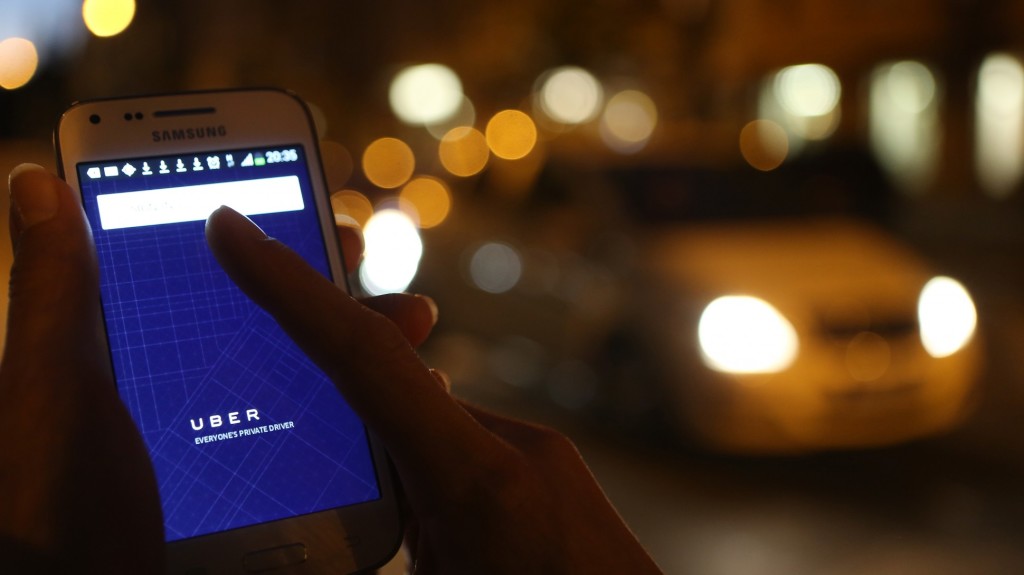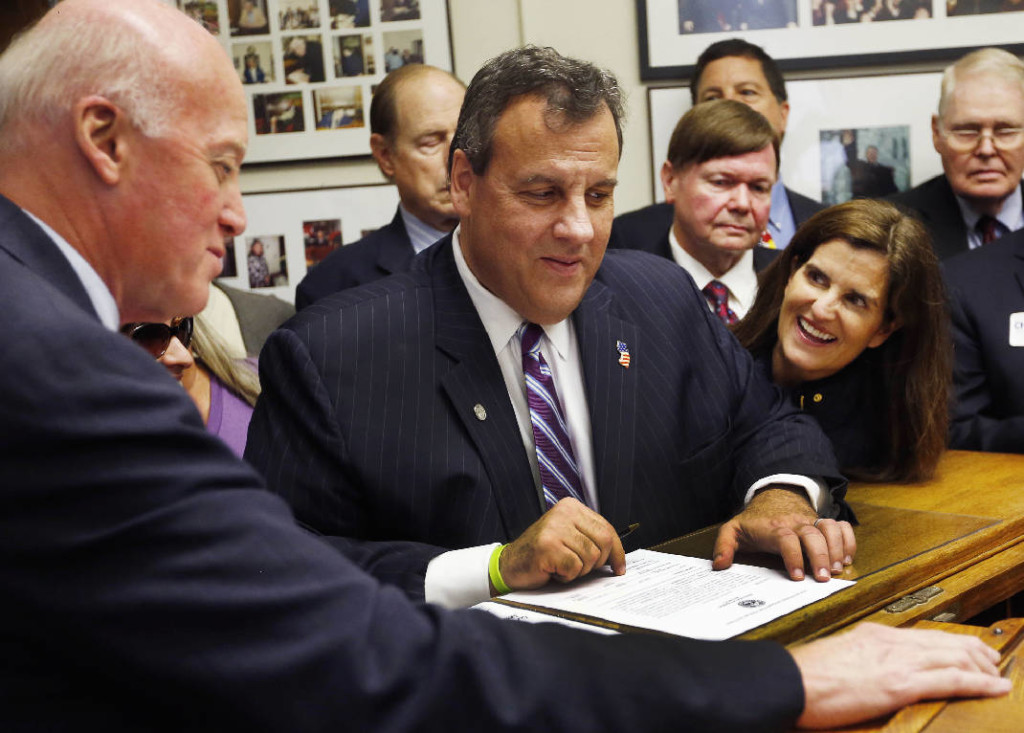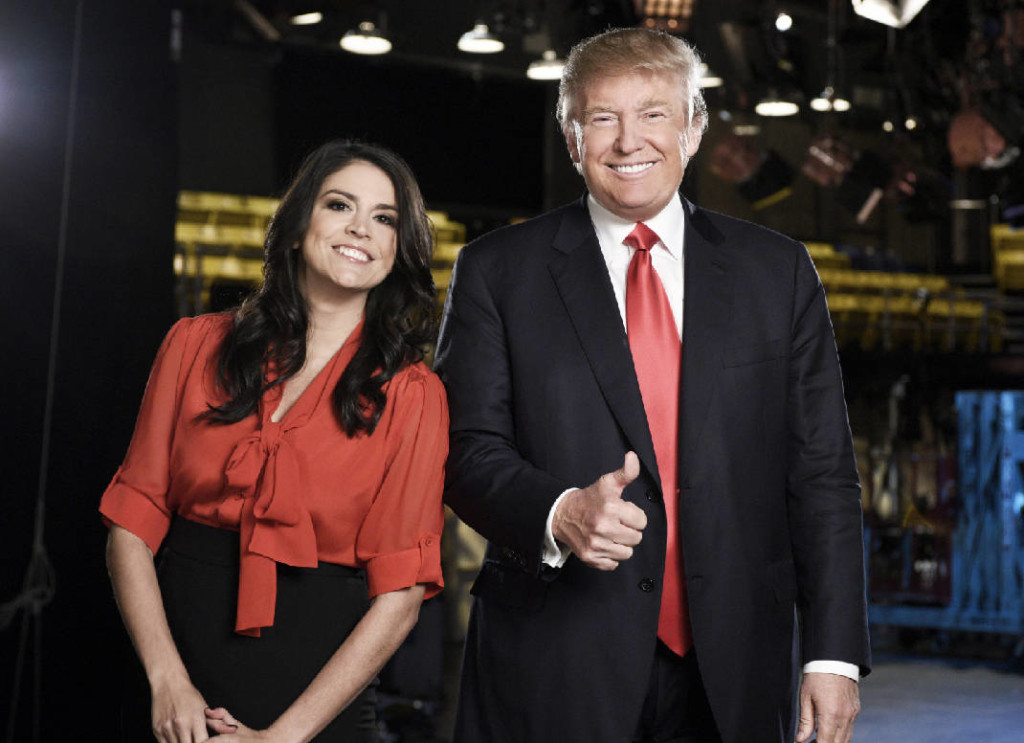Uber in Birmingham does not mean rehashing old regulations, supporters say

Birmingham insists they want Uber, but the road is not yet fully clear for the popular ridesharing service. Despite assurances from the Birmingham City Council that Uber is welcome, demonstrated in the city’s latest video update, requirements the company must first meet all “safety regulations” could become a roadblock to Uber’s expansion in Birmingham. As outlined in a document to the city’s legal department, obtained by ALToday.com, Uber’s primary concerns include outdated insurance requirements, redundant background checks and excessive licensing and permitting in jurisdictions that regulate “Transportation Network Companies.” After last week’s Committee of the Whole meeting, Birmingham’s proposed regulations – required as a condition of operations in the city – are what Uber officials call a simple rehash of existing transportation codes passed in 2014. Those regulations continue to lump Uber in the same category as traditional taxi services. “The regulatory proposals we’ve seen thus far from City Officials neither reflect the ridesharing business model nor appear to be a serious attempt to bring this option to Birmingham,” an Uber representative told Alabama Today. “We’ve shared our position on three issues that we must come to an agreement on before we’re able to offer ridesharing in the Magic City.” At issue are several sections in latest draft, which reference the 2014 codes. For example, as noted on the second page of the draft, “Vehicles operating under the auspices of a Transportation Network Company will be treated as taxicabs for the purpose of determining all licenses and fees required under this Code.” That passage is directly at odds with Uber’s three central priorities, which they say must be addressed before the company (as well as rival Lyft) can provide convenient and affordable transportation to Birmingham residents. Coincidentally, the same three issues – licensing, background checks and insurance – are top concerns laid out by City Council President Jonathan Austin this summer. For other municipalities that passed pro-ridesharing regulations, including Mobile, allows a TNC to apply for a “master license” from the city. This permits drivers to be registered with Uber, not individually and separately with the city. Such rules supports Uber driver/partners, who see flexibility in hours as the most appealing feature of a ridesharing career. According to estimates, 50 percent of all Uber drivers in the United States average less than 10 hours per week on the road. Eighty-seven percent say that “being their own boss” is a significant factor in their decision to work with Uber. Requiring individual licensing would, in effect, have a chilling effect on attracting quality drivers. As for insurance, since most Uber drivers use their vehicles for personal business and not ridesharing, a majority of vehicle use is already covered under the drivers existing personal auto policy. Uber offers a contingent insurance policy – exceeding the state’s personal insurance minimum requirements – which protects drivers while they are active in the system, but not yet picked up a rider. Another obstacle preventing Uber’s full participation in the city of Birmingham is a proposed requirement for background checks, which supporters say is an unnecessary duplication of effort. All driver/partners seeking to be included in the Uber platform are already required to undergo an extensive background checks performed for the company by an accredited third party. Uber screens include Social Security tracing, a seven-year history of addresses associated with the potential driver’s name, and a criminal background check through national, state and local databases. Vendors crosscheck all driver-partners against the National Sex Offender Registry as well as public registries maintained at the state level, to screen for disqualifying offenses. Also, background checks include pulling the applicant’s Motor Vehicle Registration file. Uber and other ride sharing services believe unnecessary layers of city-sponsored bureaucracy only further hinders participation, shrinking the available pool of qualified drivers. Accepting Uber into Birmingham, the spokesperson says, requires more than a rehash of outdated existing regulations. “We hope that Birmingham follows in the footsteps of more than 60 U.S. jurisdictions that have passed pro-innovation ridesharing regulations, and supported the subsequent economic opportunity and safe transportation options that their residents deserve.”
Unpopular GOP candidates mulling when to pack it in

For months, Republican presidential candidates with dwindling bank accounts and negligible support in polls have been finding reasons to stay in the 2016 race. Now, a few must weigh whether they can keep competing after being downgraded or excluded from Tuesday’s fourth GOP debate. New Jersey Gov. Chris Christie and former Arkansas Gov. Mike Huckabee have been bumped to the undercard debate because of low poll numbers, while South Carolina Sen. Lindsey Graham and former New York Gov. George Pataki didn’t qualify for either event. Each of the candidates has so far vowed to stay in the race, keeping the Republican contest crowded with just under three months until the Iowa caucuses kick off the nominating process. Fifteen Republicans are still running for president, while three Democrats are vying for their party’s nomination. “I’ll go there, debate, and as soon as I leave the debate I’ll go to Iowa and get back to work,” Christie said Friday as he filed his paperwork to run in the New Hampshire primary. Struggling candidates can see multiple reasons to keep their White House hopes alive. It’s relatively inexpensive to campaign in Iowa and they can use television appearances as a way to get free publicity. Running for president can be a stepping stone to high-profile television jobs and other lucrative opportunities. And given that the field remains unsettled, there’s always the possibility that an unlikely candidate can make a late surge in one of the early voting states. Huckabee pulled off a surprise victory in the 2008 Iowa caucuses, and former Pennsylvania Sen. Rick Santorum did the same four years later, though neither ultimately secured his party’s nomination. “Candidates never really run out of reasons to run,” said Kevin Madden, a Republican strategist who advised 2012 GOP nominee Mitt Romney. “Many are staying in because the lesson learned from past campaigns is that it’s possible to go from 1 percent to winning the caucuses, or at least beat expectations.” Yet some Republicans are concerned, believing that one of the reasons the race remains unsettled is because there are still so many candidates. Wisconsin Gov. Scott Walker openly worried about that when he abruptly ended his campaign in late September amid a cash shortage. He encouraged other candidates to follow his lead “so voters can focus on a limited number of candidates who can offer a positive conservative alternative to the current front-runner.” The front-runner Walker was referring to was Donald Trump. The billionaire real estate mogul is still atop the GOP field, causing heartburn for establishment Republicans who fear he couldn’t win in the general election — or that his controversial statements on immigration and minorities could hurt the party even if he’s not the nominee. In his typical no-holds-barred style, Trump has been calling out rivals who are struggling and pointing them toward the exits. “There are too many people,” Trump said this week. “If a person has been campaigning for four or five months and they’re at zero or 1 or 2 percent, they should get out.” Other candidates have avoided assessing when their rivals should end their campaigns, a process that is often emotional and deeply personal. But for weeks, Jeb Bush supporters have said the crowded field is contributing to the former Florida governor’s struggle to gain traction. “For Jeb, the field’s got to get narrowed down a lot to shine,” said Philip Taub, a supporter from New Hampshire. Iowa State Rep. Ron Jorgenson said Bush is “suffering just from a lot of fragmentation with so many people in the race.” The New York Times, in a biting editorial, has called for Christie to end his campaign and refocus on his duties as governor. “You are accountable for what happens in New Jersey,” the paper wrote last week. And in Louisiana, Gov. Bobby Jindal‘s pursuit of the presidency has led both Democrats and Republicans in the state to criticize him for being an absentee state executive. Jindal, whose term as governor ends in January, has spent most of the last several months campaigning across Iowa. “I think spending time here, working here is paying off,” the low-polling Jindal said. He is facing a major cash crunch, ending the last fundraising quarter with $261,000 on hand. But his financial disclosure forms show he’s finding ways to campaign cheaply, bunking at affordable hotel chains. Santorum, who is also low on cash, appears to be looking around for deals on online travel sites, with multiple payments to Expedia and Hotels.com. Of course, for most candidates, there eventually comes a time where a lack of money and lack of votes becomes too great to overcome. “They need to recognize that moment and make a move,” Madden said. Republished with permission of the Associated Press.
Donald Trump’s unorthodox campaign takes new twist on ‘SNL’

Donald Trump‘s unorthodox campaign for president will take another unusual step this weekend when he takes a break from typical campaigning to host “Saturday Night Live.” The appearance will put the billionaire businessman and reality TV star in rare company: Only eight politicians previously have hosted “Saturday Night Live” in its entire 40-year-old history. And only one of those politicians-slash-guest hosts was an active presidential candidate — the Rev. Al Sharpton, who was seeking the Democratic nomination when he hosted in December 2003. The appearance is the latest example of how Trump — who first guest hosted “SNL” in 2004 just weeks after the show he helped create, NBC’s “The Apprentice,” began airing — has been able to capitalize on his celebrity throughout his campaign, which has translated into record ratings for networks on each of the three Republican debates. Trump has repeatedly bragged about the attention his appearances have been generating, predicting the show will have its highest ratings ever with him at the helm. Throughout its history, “SNL” has poked fun at political figures — both via cast impersonations and with guest appearances by the politicians themselves. It and other late-night television shows also give candidates the chance to show off their less serious sides and connect with a new and generally younger audience than the usual early-state rallies and debate stages. Sharpton said his whole campaign team had opposed the idea when he was invited to host by “SNL” executive producer Lorne Michaels, but he decided an appearance could help humanize his persona. “I was known in America at the time as a civil rights leader and protest leader, and I wanted to show that I could laugh at myself, I had a sense of humor, and be self-effacing, and that I could be comfortable with a broader audience,” he said in an interview, adding that the appearance yielded tangible results, with people bringing it up constantly as he campaigned. The challenge for Trump, whose invitation has provoked an outcry from groups concerned about what they perceive as an anti-Latino bias by the candidate, would be making a similar connection, Sharpton said. “We know him as this brash, bombastic, self-important person. But can he laugh at himself? Can he relate to the average guy in a bowling alley?” posed Sharpton. “I think that he has the opportunity or the risk of establishing that tomorrow night.” In the 2004 host appearance, Trump opened his monologue by joking about his star power: “It’s great to be here at ‘Saturday Night Live,’ but I’ll be completely honest, it’s even better for ‘Saturday Night Live’ that I’m here. Nobody’s bigger than me. Nobody’s better than me. I’m a ratings machine.” Trump echoed those words earlier this week in an appearance on CNN when he said “nobody gets ratings like me.” He said he initially had been asked to be in a single skit this week, but then Michaels urged him to guest host instead. NBC has refused to comment on the objections to Trump’s appearance on the show. Earlier this week, “SNL” released several promotional spots featuring Trump, including one in which he refers to a Republican opponent, Ben Carson, as “a complete and total loser.” Republished with permission of the Associated Press.


